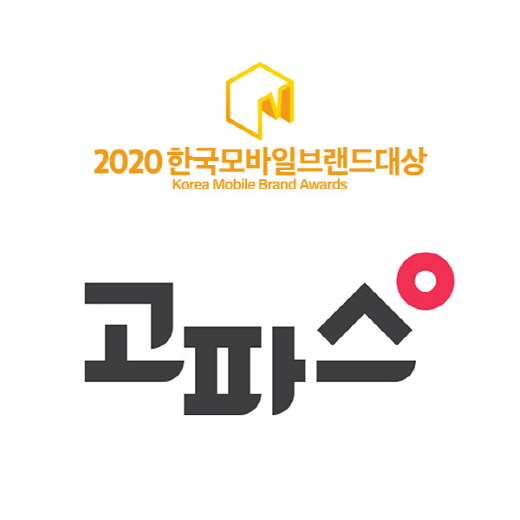Professor Chun and the forum attendees. Photographed by Park Min Ha.
By Park Min Ha (parkminha@korea.ac.kr)
On September 17, Professor Chun Jin-sung (Department of Social Education, Busan National University of Education) visited the Research Institute of Korean Studies at Korea University (KU) to perform a lecture titled “Imaginary Athens—Memories and Spaces from Berlin, Tokyo, Seoul.” Professor Chun completed his undergraduate and graduate studies at the Department of History at KU and specializes in modern German history. The event started at 7:30 P.M., with Professor Chun’s lecture and was followed by a debate session lasting an hour each. This invitational forum was hosted by “The Identity of Korean Culture” research team at the Research Institute of Korean Studies. Twelve professors participated in the forum.
The forum was based on the contents of Professor Chun’s book, Imaginary Athens, Berlin·Tokyo·Seoul (2015). The book thoroughly looks into the puzzling architectural relationship between the three cities. Professor Chun demonstrates that the history of architecture and urban planning in these cities point to the ideological contradictions prevalent in our connected reality. He further suggests that he aims to “look outside the rigid frames of history and focus on the fear, passion, and cultural circumstances” of Berlin, Tokyo, and Seoul in his book.
The main lecture began with Professor Chun’s introduction to his idea on *modernity* and? a concept that describes the phenomenon of rejecting tradition and promoting advancement beyond the status quo. Explaining that this concept overarches the perspectives on the relationship between the East and the West, Professor Chun shared his belief that *coloniality*, or remains of European colonialism in social orders, is an alternative and more fitting ideology to replace *modernity*. To support his claim, he looked into the evolution of architecture in Berlin, Tokyo, and Seoul and focused on how the three cities’ *coloniality* had impacted on each other’s architecture, rather than having their own individual timeline of *modernity*.
Professor Chun explained that the German-style architecture that we know of today roots from the style of a Prussian architect, Karl Friedrich Schinkel, in the 19th century. A flat-laying, classicist, and truly functional architectural technique was in fact partly taken from the Greek city Athens, as Schinkel was aspired to build his city of *imagined Athens* onto Berlin. This style was transferred to and subsequently adapted by the Japanese government, and now visitors can see a variation of German architecture disguised as Japanese culture. Many monuments in Seoul also carry hints of the fascist architectural style from Germany and Japan, especially due to the Japanese ruling period. This modern succession of coloniality and tradition interestingly circles back to modern-day Berlin, as the city plans to reconstruct the lost architectural centerpiece of East Germany in old times.
Professor Chun closed the lecture by suggesting that our society follows a more *heterotopic* way of life, as the philosopher Michel Foucault coined. “We should try to distance ourselves from the obsession of trying to define everything and stop fitting events into the overall flow of historical timeline,” said the professor. The event ended with about two hours of open discussion about Professor Chun’s lecture and related publication. Most of the twelve attendees gave both positive and negative remarks on the lecture, with Professor Chun answering any questions and discussing the importance of architecture and history with other professors.
출처 : 고려대학교 고파스 2025-07-27 01:02:28:
import_export
|
고대뉴스 N 따끈따끈한 학내 소식을 전합니다. |
새로고침 | 로그인 |

|
익명 일반 | 등록일 : 2019-09-18 20:26:02 | 글번호 : 10615 | 0 1763명이 읽었어요 모바일화면 URL 복사 |
|
[NEWS] Connecting the Architectural Dots Between Seoul, Tokyo, and Berlin
|
|
|
|
|
| 새로고침 | 목록보기 |





| 댓글을 작성하실 수 없습니다. (권한이 없는 회원레벨) |
| 목록보기 |
 |
캠퍼스프렌즈 | 대표 : 박종찬 서울 강남구 테헤란로70길12 402-418A 사업자 등록번호 : 391-01-00107 |
02-925-1905 e-mail : kopapa@koreapas.com 고파스 소개 | 이용약관 | 개인정보취급방침 | 이용문의 | FAQ |



